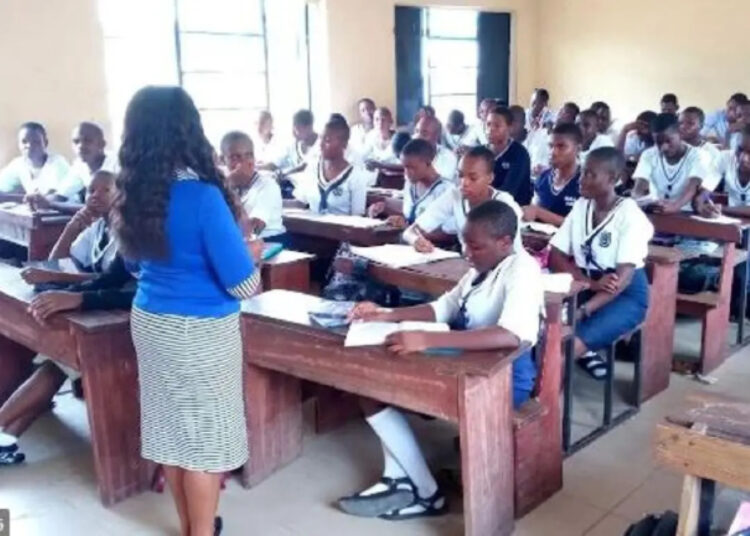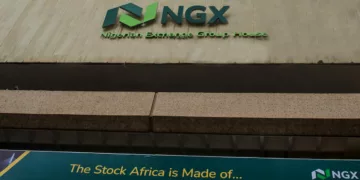With the world fast evolving, Nigeria’s outdated senior secondary school curriculum, last revised in 2011, is fast becoming a threat to the nation’s educational relevance and competitiveness.
Education experts warn that the prolonged delay in updating learning content is leaving millions of students ill-equipped for the demands of the modern world, widening the skills gap and undermining national development goals.
The Executive Secretary of the Nigerian Educational Research and Development Council (NERDC), Prof. Salisu Shehu, has therefore, called for more regular and timely reviews of the Senior Secondary Education Curriculum (SSEC) to keep up with the rapidly changing global environment.
The NERDC emphasised that with the speed at which the world is changing, some parts of a curriculum could become outdated within just two or three years.
According to Prof. Shehu, it is no longer sustainable to allow a gap of ten or more years between curriculum reviews, as was the case with the current one, which last underwent revision in 2011.
“In the next two years, the curriculum could become obsolete. So, we may need to revisit it sooner than we did in the past,” he stated.
The review of the SSEC officially began in March 2025 with the content selection and standardisation workshop for seven core subjects: Physics, Chemistry, Biology, Islamic Studies, Christian Religious Studies, Economics, and Financial Accounting.
The workshop, he said focused on ten more subjects, namely: Geography, Government, Arabic, Health Education, Physical Education, Visual Arts, General Metal Work, Basic Electricity, Basic Electronics, and Building Construction.
The Executive Secretary also shared recent achievements by the Council in the area of curriculum development, including the successful revision of the 9-Year Basic Education Curriculum (BEC), which has already been approved by the National Council on Education (NCE).
Alongside the BEC revision, NERDC has also developed the Teachers’ Guide to support its implementation.
The revised 9-Year BEC is expected to come into operation from the 2025/2026 academic session.
Explaining the process of curriculum approval in Nigeria, Prof. Shehu outlined that it typically involves several key stages: content selection and standardization, writing and review workshops, national validation involving a broad range of stakeholders, and final approval by the National Council on Education (NCE), the highest policy-making body on education in the country.
He said only after NCE approval can a curriculum be formally adopted and implemented nationwide.
He urged the resource persons at the workshop to apply their expertise, knowledge, and experience to ensure that the revised curriculum meets the demands of today’s learners and is aligned with global educational trends.
The Director of the Curriculum Development Centre, Dr. Garba Dahiru Gandu, also commended the calibre and commitment of the resource persons, noting that they were carefully selected to deliver on this important national assignment.
NERDC boss who stated this via a post on its official Facebook Page, said a writing workshop on curriculum was recently concluded in Keffi, Nasarawa, and the revised SSEC is expected to be finalised and approved in time for rollout by the 2026/2027 academic session.










